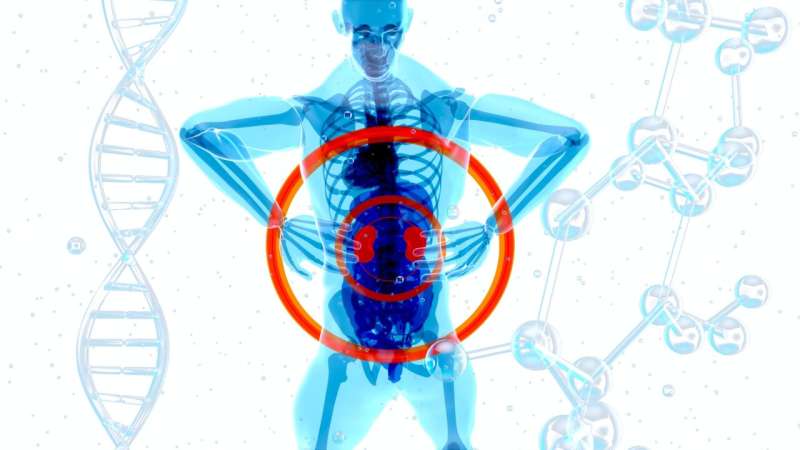Innovative AI App Uses Fingernail Photos for Anemia Screening

A novel AI-powered smartphone app uses fingernail photos to accurately screen for anemia, improving accessibility and early detection across communities. Developed by Chapman University, this technology offers a noninvasive, scalable solution for hemoglobin monitoring.
A groundbreaking development in health technology is making anemia screening more accessible and noninvasive. Researchers, including Chapman University professor Dr. L. Andrew Lyon, have developed a smartphone application powered by artificial intelligence (AI) that analyzes photos of a user's fingernail to detect anemia. Published in the Proceedings of the National Academy of Sciences in 2025, this study demonstrates that the app can estimate hemoglobin levels with accuracy comparable to traditional blood tests.
The app has already been tested with over 1.4 million assessments from more than 200,000 users, showcasing its potential as a scalable, low-cost tool. It offers a convenient way for individuals to monitor their health in real time and facilitates early detection, especially in areas where healthcare resources are limited. While the app is not designed for self-diagnosis, it serves as a valuable aid in prompting users to seek professional medical advice when necessary.
Particularly beneficial for patients with chronic anemia, such as those with kidney disease or cancer, the app improves monitoring accuracy by nearly 50% when personalized to individual users. The utilization of geolocation data also led to the creation of the first county-level anemia prevalence map in the U.S. This innovation represents a significant step toward democratizing health screenings and empowering people to take control of their wellbeing through technology.
"This research underscores our commitment to enhancing health care access through long-term collaboration and innovation," said Dr. Lyon. The study highlights how AI-driven solutions can revolutionize disease detection and management, making health monitoring more user-friendly and widely available.
Stay Updated with Mia's Feed
Get the latest health & wellness insights delivered straight to your inbox.
Related Articles
Final Results Confirm Effectiveness of Two-Drug Therapy for Advanced Kidney Cancer
A comprehensive five-year clinical trial confirms the long-term effectiveness of the pembrolizumab plus axitinib combination in treating advanced kidney cancer, offering new hope for improved survival outcomes.
Comprehensive Prehabilitation Strategy Benefits Frail Heart Failure Patients Awaiting Surgery
A multidisciplinary prehabilitation protocol significantly improves physical and cognitive health in frail heart failure patients awaiting surgery, enhancing surgical outcomes and recovery prospects.
Advancing Clinical Practice with Pharmacogenomic-Guided Prescribing
Discover how pharmacogenomics is revolutionizing medication prescribing by integrating genetic data into routine healthcare practices, improving safety and efficacy.



